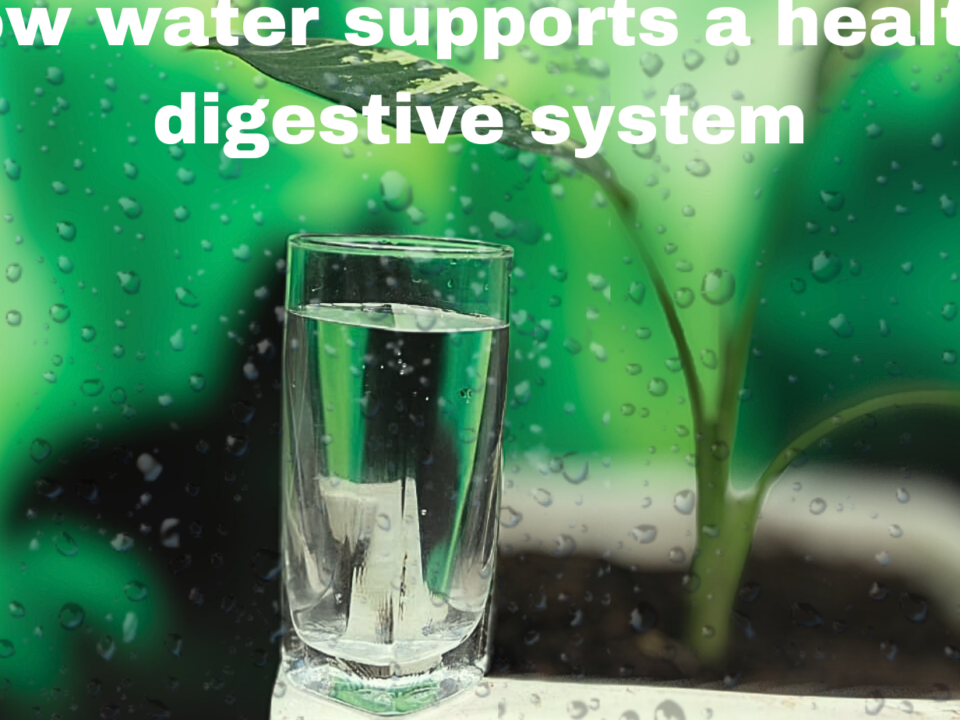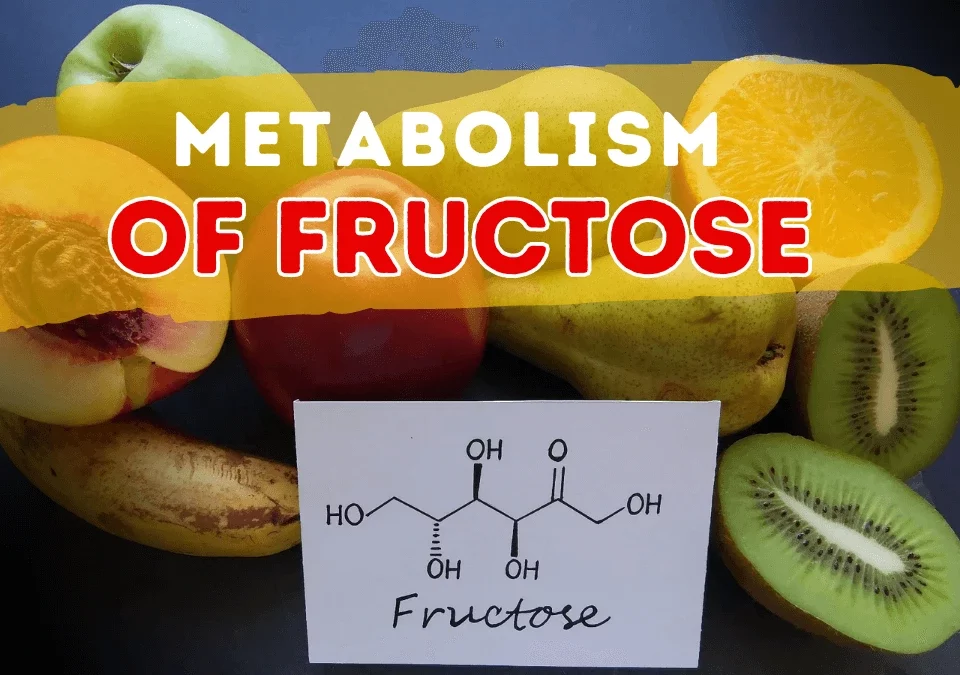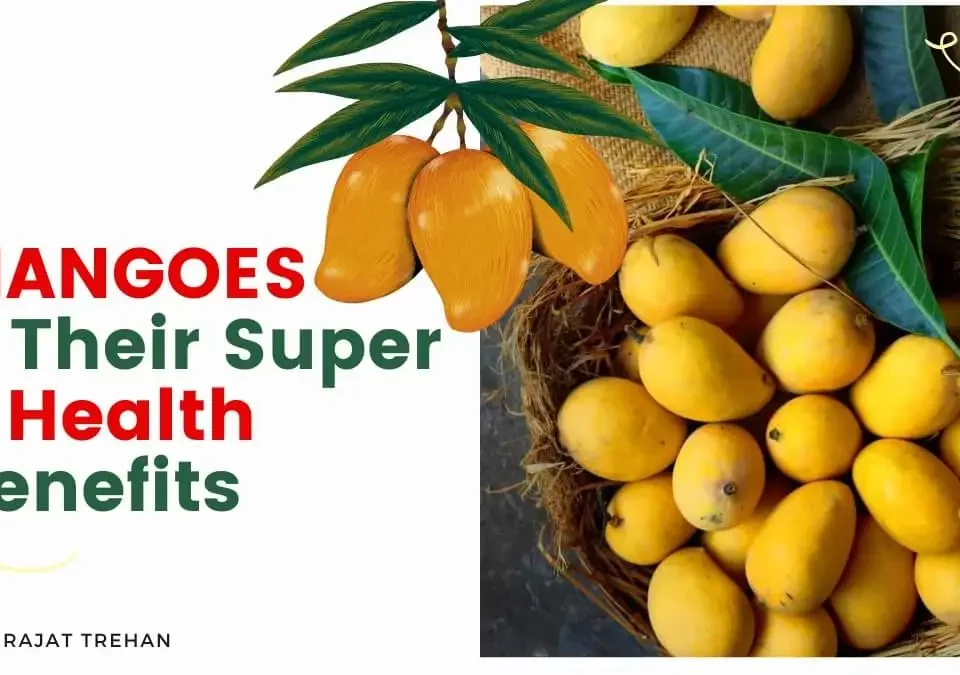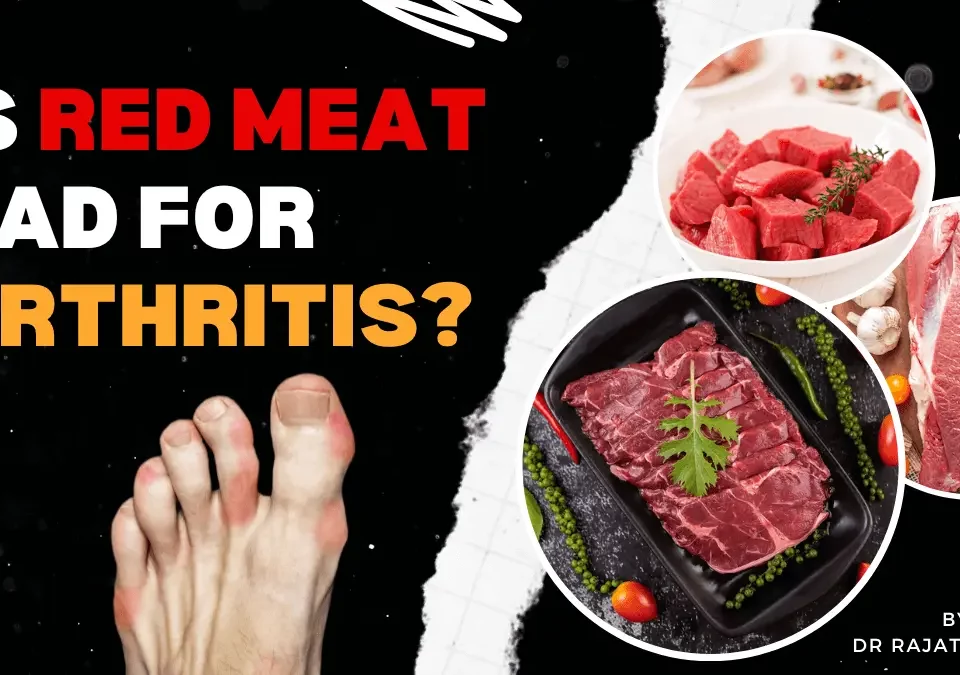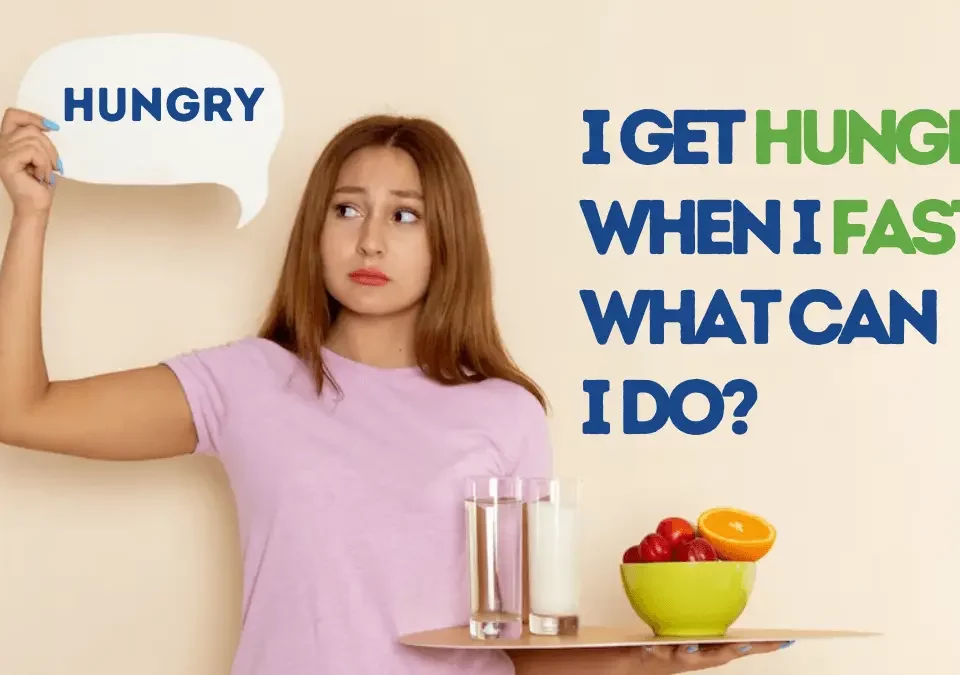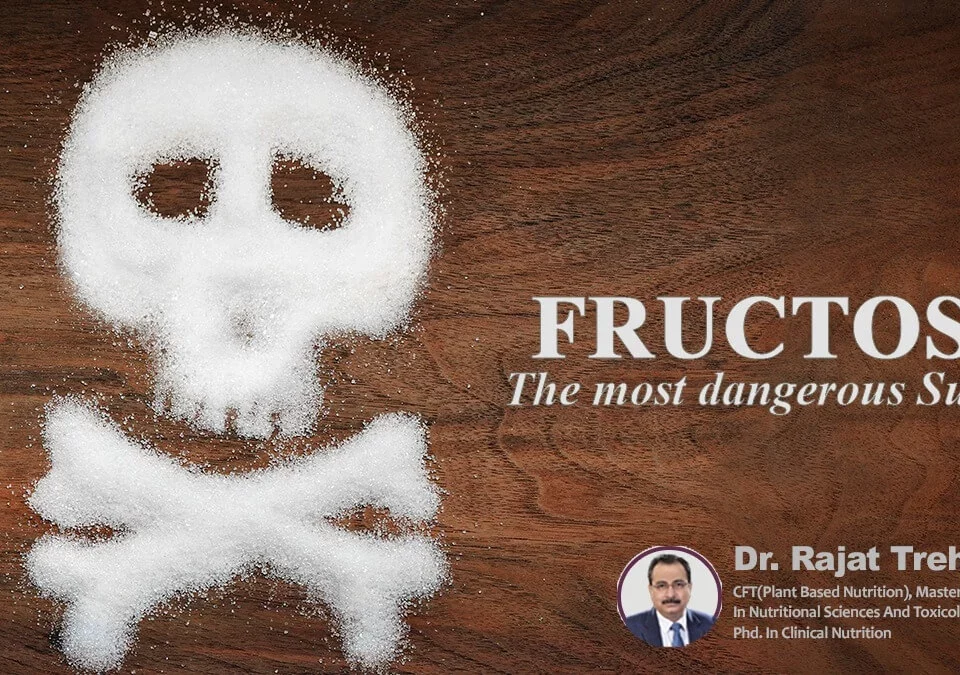Reasons for high blood pressure & its cure

Deficiencies in Diabetes
April 2, 2022
Soybeans Good or Bad for Fibroids?
April 18, 2022Reasons for High Blood Pressure & its cure
One of the most common issues generally amongst the elderly is High Blood Pressure. At the same time, we all know that managing high blood pressure is necessary for our health. Conventional medicines are used to lower the rising blood pressure. We also know that mainstream drugs add toxins and eliminate nutrients from the body. These medicines are used to manage the problem; that's why one needs to take them for the rest of the life. On the other hand, natural treatments are also taken to manage the problem.
So what causes high blood pressure? What are the underlying causes? If we answer these, we can come to know about the actual medication to eliminate the problem. Again, another question arises, whether you want to manage it or eliminate it? When you answer this question, then the next step begins.
The next step is to know the underlying causes and address them.
High blood pressure can be triggered by many several issues like,- Emotional and cognitive stress affects the adrenals, intestines, and cardio system.
- Gut stress due to inflammation, leaky gut, depleted microbiota, etc.
- Inflammation in arteries or veins.
- Body toxicity
- Adrenal disorders.
- Kidney disorders.
- Liver problems.
- Intestinal issues
- Cellular issues, including mitochondrial.
- Hormonal disorders.
- Body fat and weight issues.
- Deficiency in Vitamin B's
- Deficiency in Bioflavonoids
- Deficiency in Vitamin C
- D-Vitamin deficiency
- Deficiency in Proteins.
- CoQ10 deficiency.
- Deficiency in NO (Nitric Oxide)
"Let thy food be thy medicine and medicine be thy food," Hippocrates, born in Kos. is called the father of modern medicine. The meaning of this statement shows the importance of nutrition to prevent and cure diseases.
Unfortunately, western medicines believe that they could do better than nature, and it shows how wrong that philosophy is because of not addressing the actual cause.
For real cause, real medications are required. The bonafide treatment is the one found in nature. Let's take all the healing medicines one by one.- Spinach is rich in potassium and magnesium and is alkaline
- Beans: All beans like black, kidney, lima, navy, or white also contains potassium and magnesium. Like spinach are alkaline also.
- Seeds: Sunflower, flaxseeds, hemp seeds, Salba seeds (not to confuse with chia seeds, they are both from the same family but different). These seeds will provide magnesium and are alkaline also. Make sure you are not consuming the salted ones. They are also an excellent source of omega-3 fatty acid (alpha-linolenic acid (ALA)). Flaxseeds are also rich in soluble and insoluble fiber.
- Root vegetables: Sweet potato, elephant yam, white potatoes are also alkaline and provide potassium.
- Fruits: Bananas are good in potassium and fiber.
- Chocolates: 100% pure chocolates increase nitric oxide in the arteries and give more than 300 nutrients to the body. Make sure it is natural and 100% chocolate.
- Cocoa butter, a Huge benefit, gives essential fatty acid to the body.
- Olives- Gives not only omega-3 but also gives oleuropein, phenols, flavonoids, and anti-inflammatory.
- Herbs: it should be from a good source.
- Garlic & Onions: Rich in organosulphur, it helps produce nitric oxide, which causes vascular dilation and takes the pressure off of the heart. (have you heard that eat a clove of garlic every day, people make a common mistake, they smash and chew it. the correct way of consuming is a smash (not cut) and swallow it.)
- Fresh basil- Basil is antioxidant and contains many phytonutrients.
- Cardamon- It gives incredible effects, is a natural antioxidant, lowers blood pressure, is an anticoagulant (prevents and breaks down blood clots), effective anti-inflammatory.
- Celery seeds are a diuretic in nature that helps kidneys filter the blood, thereby reducing blood pressure.
- Cinnamon- Ceylon cinnamon is good; generally, people consume cassia. Good for blood pressure as well as diabetes.
- Change in consumption of salt. Instead of table salt, which is high in sodium, opt for rock salt (both white & pink salt are good).
- Reducing sugar & sweets consumption will lead to lower blood pressure in the longer run.
- If sodium is high, increase potassium intake. Potassium helps to eliminate sodium.
- Avoid pasteurized foods, microwave foods, processed foods, fast foods, junk foods, GMO foods, fried foods, etc.]
- Walking & Exercise: Walk a minimum of 8-10 km per day. It brings more oxygen and gets rid of Carbon dioxide.
- Avoid caffeine
- Reduce or eliminate alcohol.
- Meditation: Gives calming effect, reduces negative emotions, manages stress, etc.
- Milk Thistle: provides heart benefits by lowering cholesterol. It helps in diabetes and protects the liver & gall bladder also.
- COQ10: It has the potential to lower systolic blood pressure.


